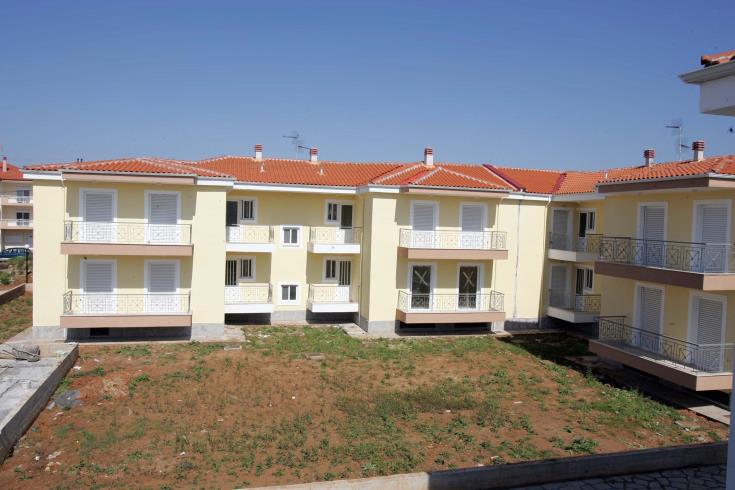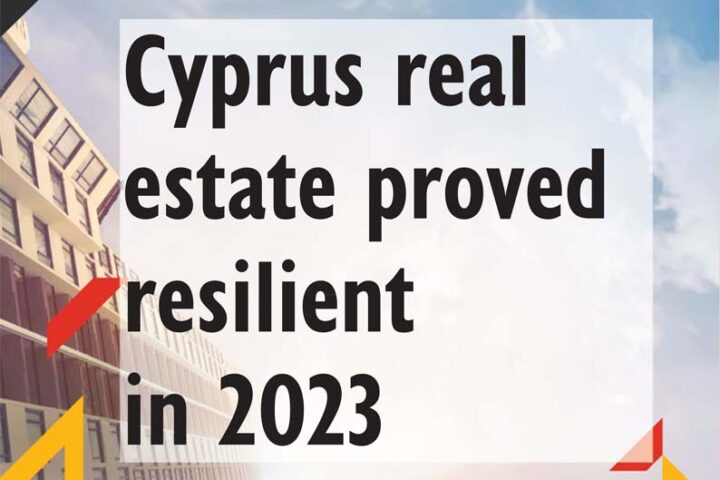It seems that despite the initial lukewarm reaction by politicians to properly investigate poor management of the Cyprus economy (many of whom have only themselves to blame), we are now experiencing the other extreme, with everybody investigating everybody for wrongdoings.
Whoever has a complaint will take it to the press and then to the Auditor General, who, an enthusiastic person, takes on the role of Sherlock Holmes.
This is good, and the reason to investigate past wrongdoings is to prevent them in the future.
The problem is that we are investigating individual cases and not the fundamentals of the problems, i.e., the corrupt political parties, who are on the take from foreign and local business people, former governors of the Central Bank.
Now we hear about bosses of the public authorities doing all sorts of backhanded deals, with mayors landing in prison and another under investigation.
The problem with this situation is that no one dares to decide for fear they will be investigated in the public sector.
Should we then abandon such investigations?
Of course not, but such publicity gives the country a bad name for being corrupt, which may not be any worse than other countries.
It is just because the word spreads faster in small countries and personal animosities are more evident—the publication of such matters helping to blow it out of proportion.
I wrote to the Minister of Interior that this government is like a racehorse that wants to run but has a jockey (the civil service) on its back that does not know what it is doing and where to go.
Radical solutions to the problems of the real estate sector cannot be implemented since a minister alone, with all the other problems in the ministry and having limited time, cannot deal with the quality of the civil service.
I have suggested that:
- A new building amnesty should be trimmed down to a simple procedure. The time to secure this should be within three months.
- The compensation paid for the building amnesty will be reduced by 80% from the original one, especially now that values are reduced and lack of funds.
- Minor illegalities – irregularities to be bypassed by more or less automatic relaxation so that the issue of deeds is not delayed.
- The certificate of final approval is to be replaced by a certificate of security of a building. This will solve thousands of existing and potential problems. As the law is now, no building can be occupied without the certificate of final approval.
- Change of title site. Whatever is written on a title must be adopted as correct; otherwise, numerous units/projects become illegal without the developer’s fault. Therefore, it needs only one directive.
- Legal responsibilities as a criminal offence to be introduced in the case of Mayors and councillors’ delays and for permitting extreme illegal structures which are evident and in plain sight, such as the seven containers on a beach near Paralimni that were converted to houses without access, water and electricity – but yet the municipality accepts them.
- Establish an internal “ombudsman” to deal with matters people can apply and expect an answer within 30 days.
- Applications for any development which are not dealt with in 40-90 days (depending on the scale of the project) to get automatic approval as applied.
- Immediate change of the common expenses law to force non-payers to pay up and not as is today where they are protected, punishing the good payers for covering the loss.
- The building incentives given at the end of May 2015 will be extended to 2023.
- The non-adherence of financiers to the “road map” provided by the Central Bank should be dealt with immediately. Long and inexcusable delays will make matters worse regarding loan restructuring.
Antonis Loizou, Real Estate Valuer, Estate Agent & Property Consultant










